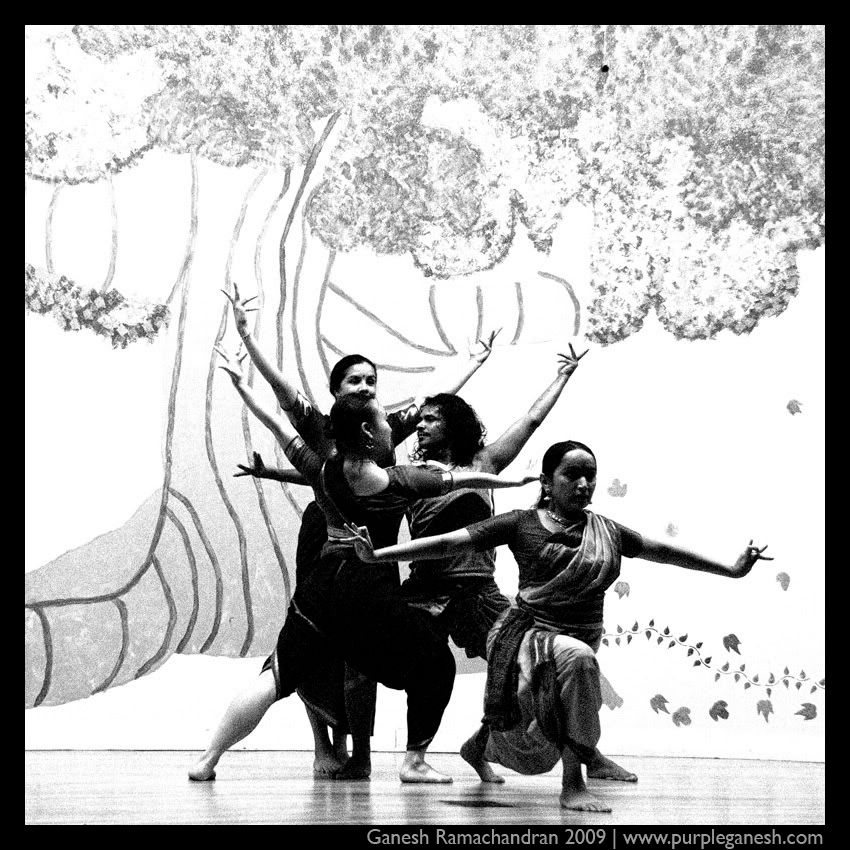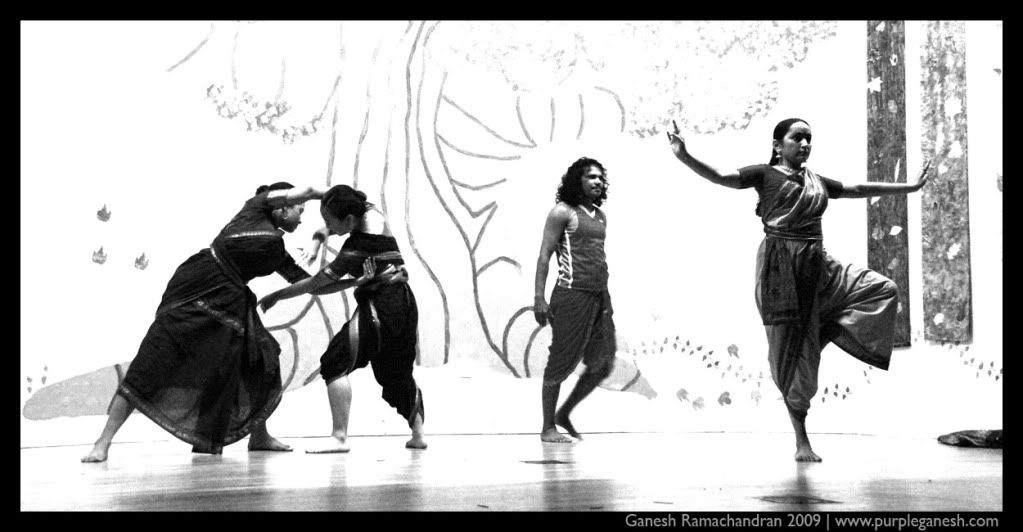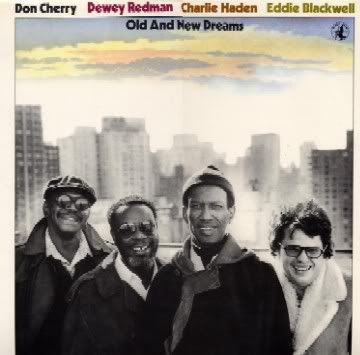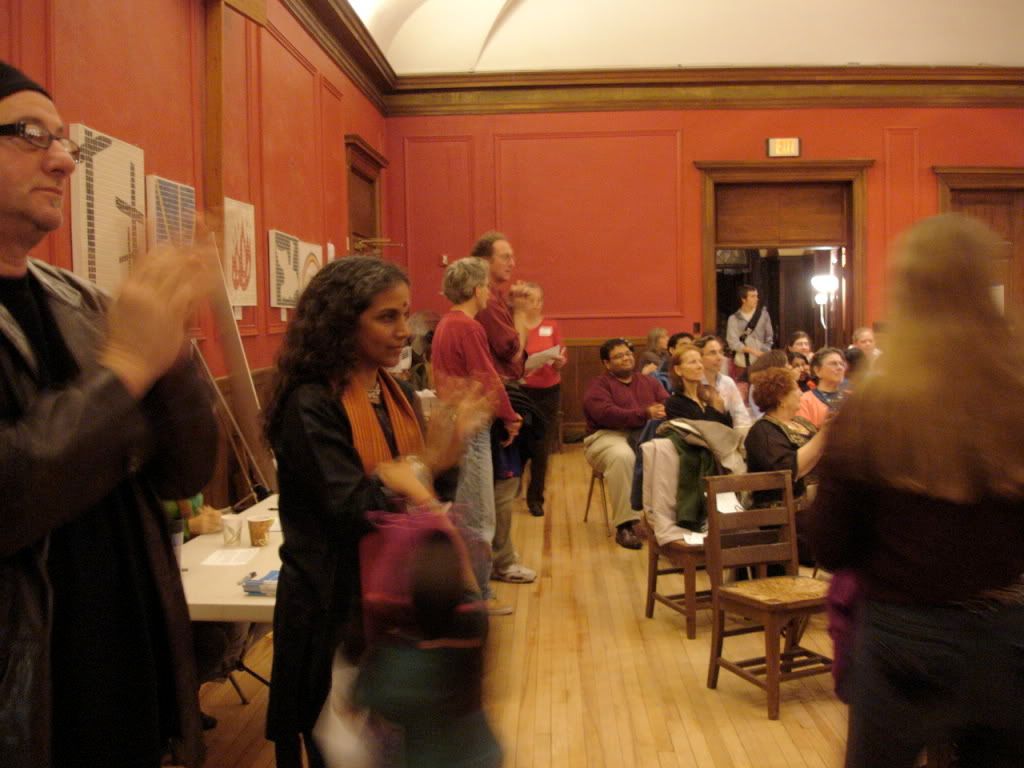environment Politics: climate change economic justice global warming greed neoliberalism
by Warren
leave a comment
Meta
SiteMeter
Brighter Planet
The Corporatocracy cannot save itself or us.
It really looks as if the only way we can save a recognizable planet is to create an unrecognizable economy:
…the problem of climate change legislation is economic as well as being political. We will discover a world order governed by an ideology called neoliberalism, in which a great surplus of capital, evident in the 1970s but having grown each decade since then, makes government into neoliberal government, government as a conduit for investor profits.
Neoliberal government, government under the conditions of dollar hegemony, global governance, the WTO, and so on, as have been increasingly applicable since the 1970s, is responsible mainly to the global neoliberal economy. If they hope to attract any business in their countries, governments around the world must provide an “appropriate business climate,” which in practical terms means they must cater to the profits system, the system which has produced 793 billionaires for our globe amidst a bottom half of humanity which lives off of less than $2.50/day. Thus the dramatic privatizations which have taken place over the last three decades around the world.
(snip)
If we are to grant the human race the freedom to think about devoting lifetimes to stewardship of Earth’s ecosystems, we will have to grant the human race a prior freedom FROM economic need. This means a rededication to the problems of food, clothing, and shelter, the problems of FUNDAMENTAL economic need (you know, nobody really needs a Mercedes) in light of the great initial retrenchment in resources which will go along with an international agreement to phase out the production of fossil fuels.
If we can’t agree upon an economy which provides everyone with the fundamentals, an economy of basic human rights, then what we’re likely to get are a bunch of last-minute, slapdash measures, committed in the expected panic of massive weather disruption and failing annual crops, which will hurt an awful lot of people. Imagine a carbon tax so onerous as to make air conditioning unaffordable in 110 degree (Fahrenheit) heat, or water restrictions which make it unaffordable for people to grow their own food under conditions of skyrocketing food prices. (Remember, most of the continental American west will be altered by the melting of the icepack atop the Sierras and Rockies, with the consequent drying up of water resources for Los Angeles, Phoenix, Las Vegas, and so on.)
There’s not much “on the other hand” that anyone can point to. But I think that an economy which reflected economic justice to the peoples of this world would probably rely a whole lot more on barter, and would be profoundly local. Right now, those of us who “own” our houses probably send those mortgage payments to corporate offices in some other state; our bills are paid by and to banks in Delaware or South Dakota or some other damn place; our salad greens come from California, our tasty Clementines from Spain.
If survival of the species depends on reinventing our economic systems, creating a way to live that’s better than what we’ve already tried…can we do it?
Indian music October 24 Action photoblogging: Dance Indian dance photoblogging
by Warren
leave a comment
Meta
SiteMeter
Brighter Planet
Aparna Sindhoor Dance Theater: New Photos
Ganesh Ramachandran took these photographs of the Aparna Sindhoor Dance Theater during the “Playing for the Planet” concert. I think they’re terrific.


Education Jazz music: Charlie Haden Dewey Redman Edward Blackwell Harmolodic Concept improvisation lecture-demonstration Ornette Coleman
by Warren
9 comments
Meta
SiteMeter
Brighter Planet
The Old And New Dreams Band: A Lecture-Demonstration

The first Old and New Dreams record on Black Saint has long been one of my Desert Island Discs. The rhythm section of Charlie Haden and Ed Blackwell serves up a magnificent polytextural stew in support of the melodic initiatives of Don Cherry and Dewey Redman; everybody plays brilliantly throughout.
In many ways, the work of this band always struck me as a purer presentation of Ornette Coleman’s concepts than many of Ornette’s performances. I mean by this that the shifting tonalities and re-centerings of melodic structure that are at the heart of Coleman’s work are in many ways easier to hear when the composer’s unique alto saxophone sound is not present. Ornette’s sonic presence is undeniable, but when he’s not there it becomes easier to think of the Harmolodic approach as a system that can be used by other musicians. When Ornette’s concept is used (and, as we hear below, explained) by other players, it is easier to separate the things they play from their performance personae. Ornette is such a dramatic and eccentric figure that it is tempting to explain Harmolodics as a species of musical crankery. When Don Cherry, Dewey Redman, Charlie Haden and Ed Blackwell interpret his music and influence, the importance and essentiality of Coleman’s Harmolodic Concept is indisputable.
They came to Harvard University in 1980 and played, if memory serves me correctly, at the Loeb Drama Center — an unusual venue. Hearing the band perform live in Cambridge was a truly wonderful experience; some memories from that gig still stand out (like watching Ed Blackwell create a huge blanket of rhythms without, apparently, moving his hands at all). I heard them again at a Cambridge jazz club (Jonathan Swift’s? I forget) a few years later, and they were brilliant then, too. But I digress.
One of the most memorable features of their time under Harvard’s auspices was the lecture-demonstration that Cherry, Redman and Haden gave at Adams House on February 29 (Blackwell was unavailable due to medical issues; IIRC he was doing daily dialysis). I recently digitized the recording of that lec-dem (made on a lo-fi boombox belonging to the drummer and drum-maker Betsy McGurk, who can be heard asking a few questions in the Q&A portion of the presentation) and I’m happy to present it here, along with a transcription (the result of many enjoyable late-night hours).
I have my own thoughts on what Ornette’s “Harmolodics” is all about (the fact that Ornette uses the word “love” a lot when he talks about his music theory is an interesting clue) and someday I’ll write them down and put them out here…but for now, here are Don Cherry, Dewey Redman and Charlie Haden, talking and playing about their music and their mentor, Ornette Coleman. Enjoy.
music October 24 Action Warren's music: Jose Feliciano Malvina Reynolds singer-songwriter Suzanne Vega Vijaya
by Warren
3 comments
Meta
SiteMeter
Brighter Planet
Playing for the Planet: Vijaya Sundaram
Vijaya Sundaram is a musician of superb abilities. An excellent composer and lyricist, she has a wide repertoire of material from many of the great songwriters. Over the past decade, however, she’s been away from the performance scene, pursuing a career as a teacher in a local public school, and spending a lot of time with our daughter Sharada.
The “Playing for the Planet” concert actually saw her in three separate roles: as vocal accompanist for my set of khyal, as a member of the Agbekor Society, and as the singing and speaking MC of the evening.


